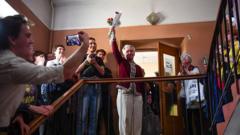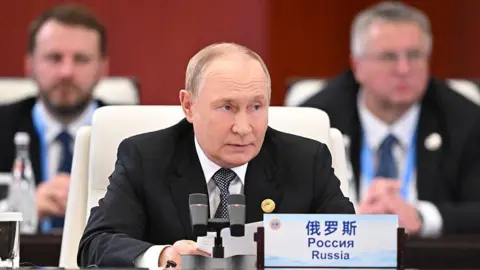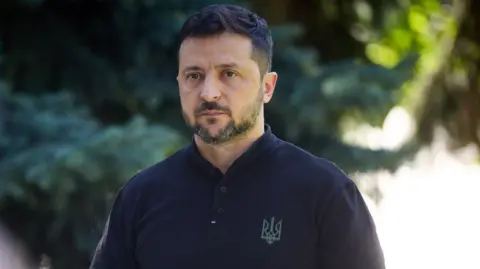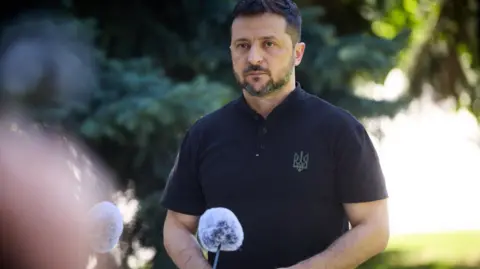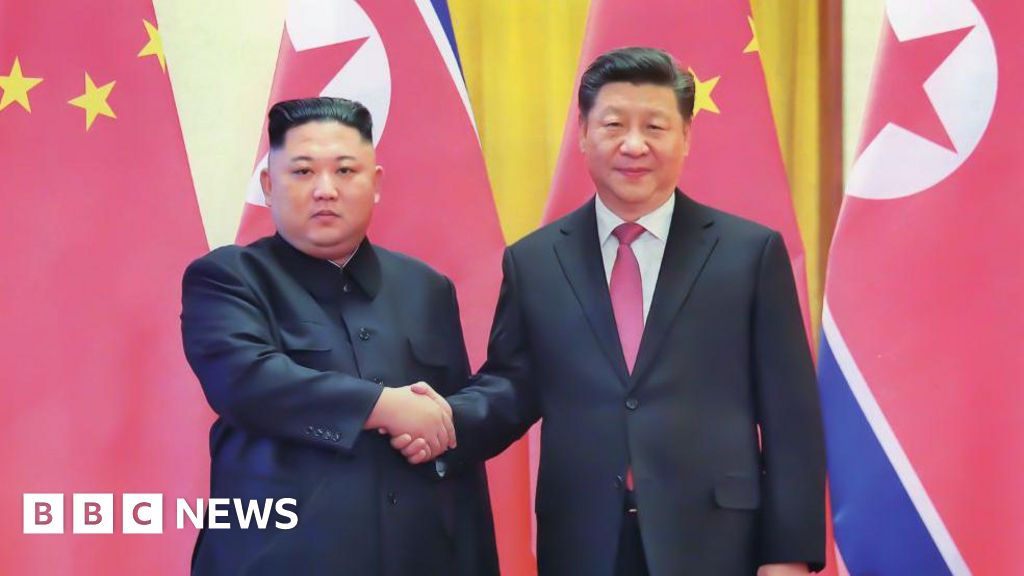In a poignant and challenging moment for free expression in Russia, Lyudmila Vasilyeva, an 84-year-old survivor of the Leningrad Siege during World War II, has been fined for her anti-war activities. The St. Petersburg court imposed a penalty of 10,000 rubles (around $126) on Vasilyeva for "discrediting" the Russian military, stemming from her peaceful protest where she displayed a handwritten sign advocating for peace.
Vasilyeva's message, "People, let's stop the war. We are responsible for peace on the planet Earth. With love, Lyudmila Vasilyeva, child of the Leningrad blockade," resonates deeply given her harrowing experiences during the 872-day siege of Leningrad, which resulted in immense suffering and loss of life. The harsh realities of the siege, which lasted from September 8, 1941, to January 27, 1944, have left an indelible mark on her spirit and activism.
Prior to her hearing on Friday, Vasilyeva voiced her feelings of "bitterness" and "hurt" regarding the current state of her country, reminiscing on her childhood and her mother's wisdom that peace is paramount. Outside the courthouse, where she was greeted by a crowd of supporters, she held flowers and received applause, showcasing her impactful presence amidst the government's tightening grip over dissenters.
Having previously been detained for her anti-war stance, Vasilyeva is emblematic of the broader struggle for freedom of expression in Russia, especially in the wake of laws prohibiting any form of criticism against the military actions in Ukraine. This unlawful suppression has seen a range of punitive measures against individuals merely displaying anti-war sentiments, leading to a chilling environment for activists wishing to speak out.
As the ongoing war in Ukraine approaches its third year, losses continue to mount on both sides, with military sources estimating Russian fatalities to range between 165,000 to 235,000 troops. Vasilyeva's brave stand against the war signifies the courage of many who quietly oppose the conflict, providing a stark contrast to the silence that often envelops dissent within Russia.
Vasilyeva's message, "People, let's stop the war. We are responsible for peace on the planet Earth. With love, Lyudmila Vasilyeva, child of the Leningrad blockade," resonates deeply given her harrowing experiences during the 872-day siege of Leningrad, which resulted in immense suffering and loss of life. The harsh realities of the siege, which lasted from September 8, 1941, to January 27, 1944, have left an indelible mark on her spirit and activism.
Prior to her hearing on Friday, Vasilyeva voiced her feelings of "bitterness" and "hurt" regarding the current state of her country, reminiscing on her childhood and her mother's wisdom that peace is paramount. Outside the courthouse, where she was greeted by a crowd of supporters, she held flowers and received applause, showcasing her impactful presence amidst the government's tightening grip over dissenters.
Having previously been detained for her anti-war stance, Vasilyeva is emblematic of the broader struggle for freedom of expression in Russia, especially in the wake of laws prohibiting any form of criticism against the military actions in Ukraine. This unlawful suppression has seen a range of punitive measures against individuals merely displaying anti-war sentiments, leading to a chilling environment for activists wishing to speak out.
As the ongoing war in Ukraine approaches its third year, losses continue to mount on both sides, with military sources estimating Russian fatalities to range between 165,000 to 235,000 troops. Vasilyeva's brave stand against the war signifies the courage of many who quietly oppose the conflict, providing a stark contrast to the silence that often envelops dissent within Russia.

